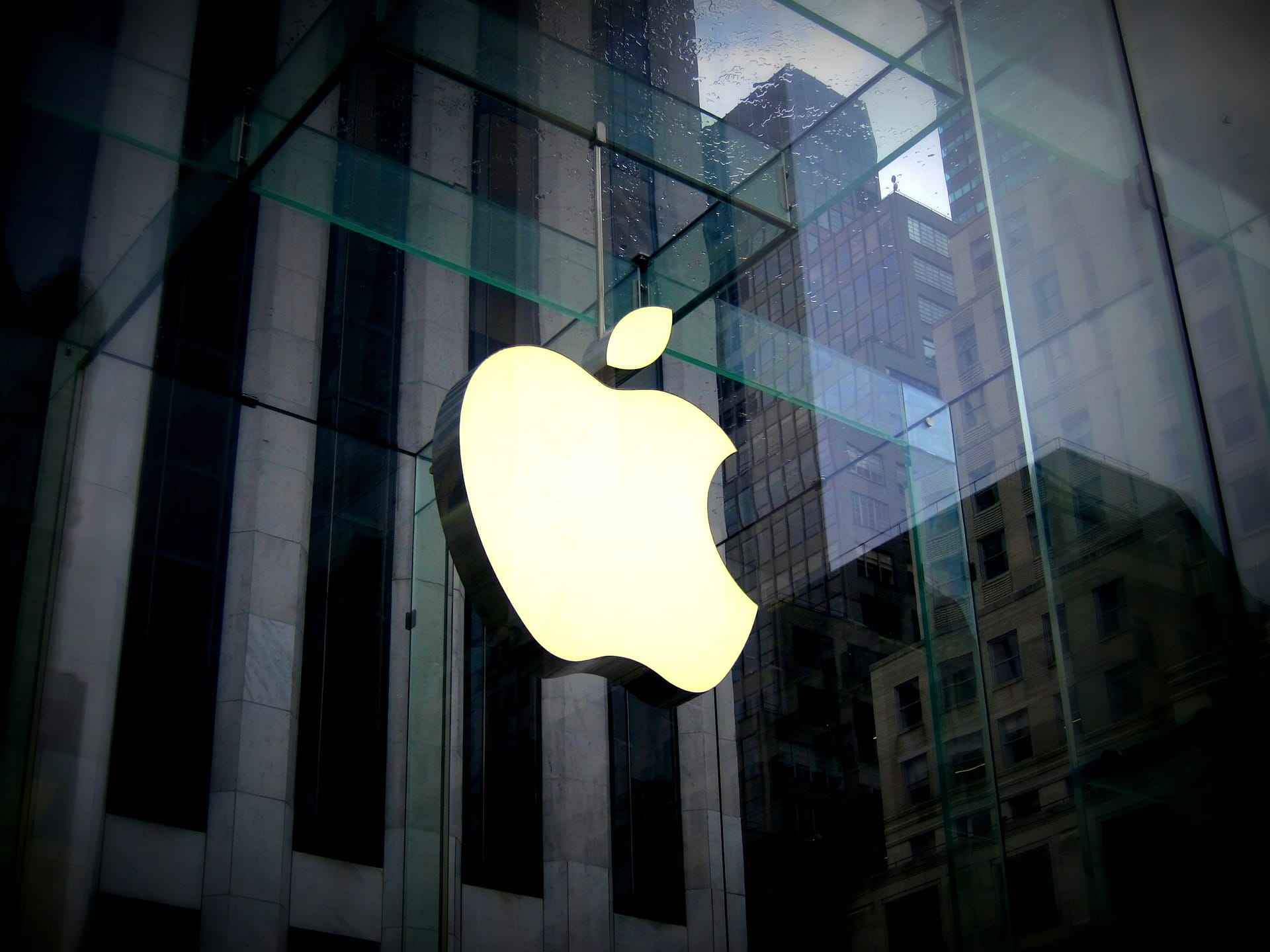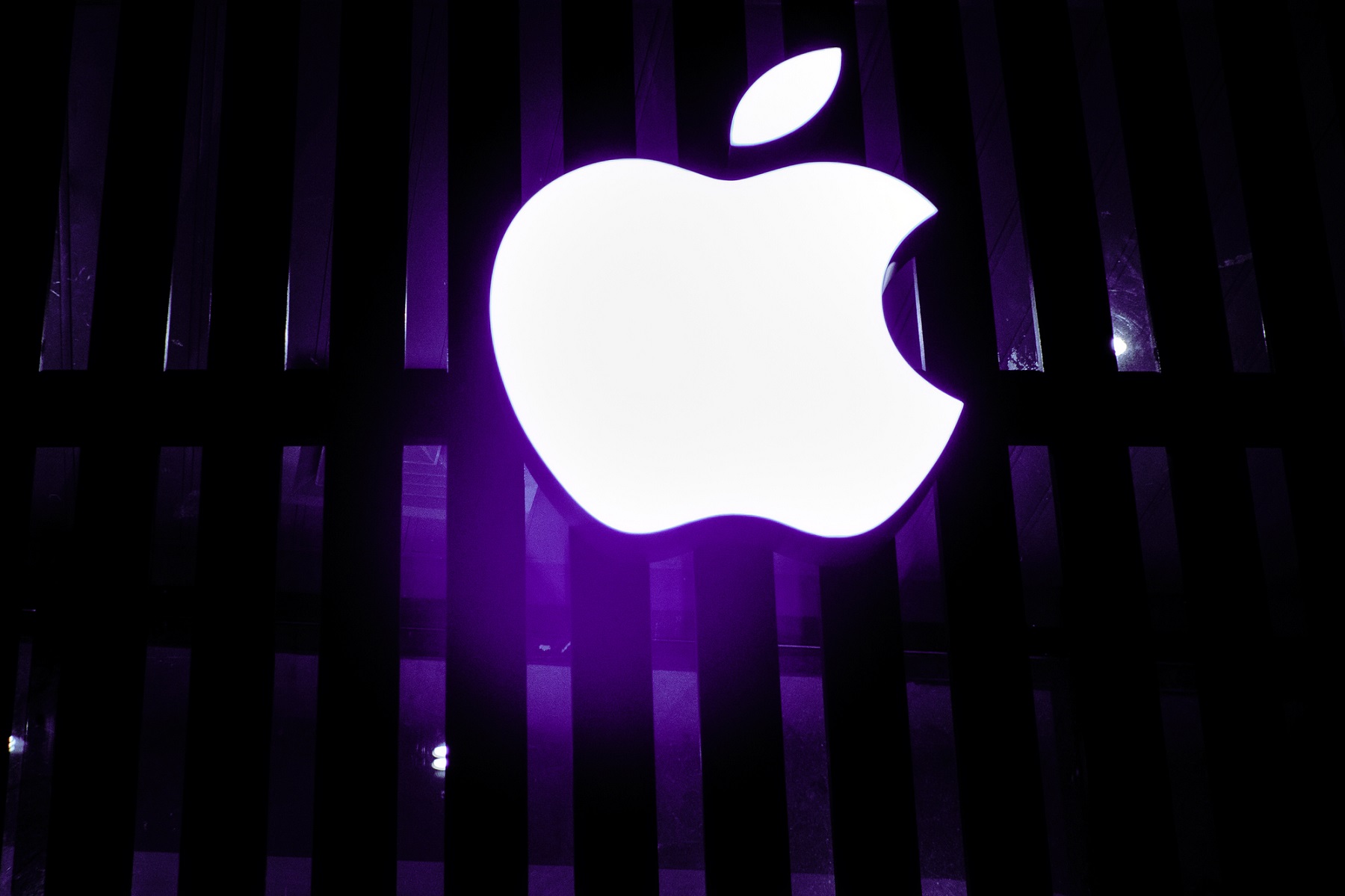Information that the EU is trying to regulate large companies and their platforms is not new. But as the deadline for the Digital Markets Act to enter into force approaches, we have more and more news here. If you thought that the EU only sat on Apple, it is not so. Many other big players will also have problems.
Last year, the European Commission already signed a law known as DMA (The Digital Markets Act or DMA Act on digital markets), according to which the platforms of large technology companies are referred to as gatekeepers who do not want to let others into them. However, this should change with the coming into force of the law. Now the EU has officially announced the list of platforms and their "guardians" that will have to open their doors. These are mainly six companies, to which the DMA will give considerable wrinkles on the forehead. Clearly, it is not only Apple that has to pay the most for it, but above all Google, i.e. the company Alphabet.
It could be interest you

In addition, the EC confirmed that these platforms only have half a year to comply with the DMA. Thus, among other things, they must enable interoperability with their competition and cannot favor or favor their own services or platforms over others.
List of companies designated as "gatekeepers" and their platforms/services:
- A: Android, Chrome, Google Ads, Google Maps, Google Play, Google Search, Google Shopping, YouTube
- Amazon: Amazon Ads, Amazon Marketplace
- Apple Lossless Audio CODEC (ALAC),: App Store, iOS, Safari
- Bytedance: TikTok
- Meta: Facebook, Instagram, Meta ads, Marketplace, WhatsApp
- Microsoft: LinkedIn, Windows
Of course, this list may not be exhaustive, even in terms of services. With Apple, iMessage is currently being discussed as to whether or not it will also be included, and with Microsoft, for example, Bing, Edge or Microsoft Advertising.
If companies screw up, or simply don't "open up" their platforms properly, they can be fined up to 10% of their total global turnover, and up to 20% for repeat offenders. The commission even adds that it can force the company to "sell itself" or at least sell a part of itself if it cannot pay the fine. At the same time, it can prohibit any further acquisition in the area where it violates the law. So the scarecrow is quite big.
 Adam Kos
Adam Kos 





